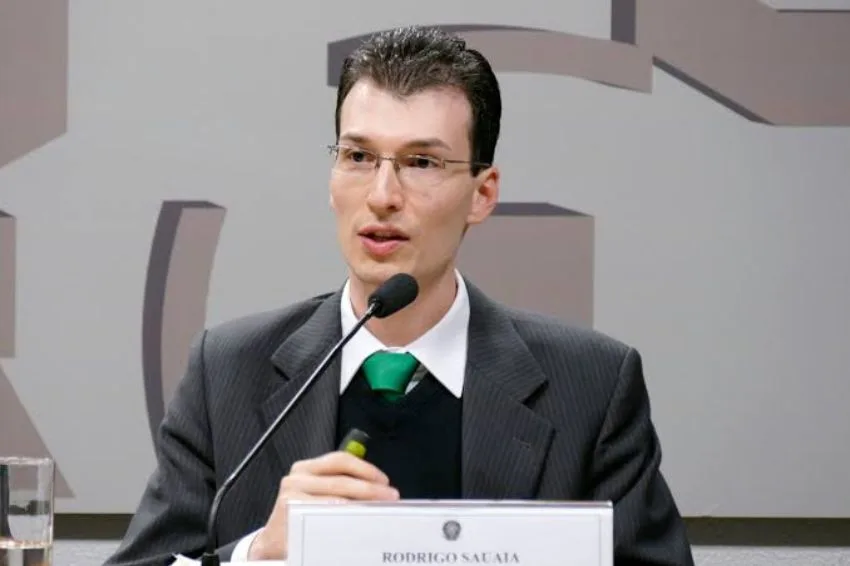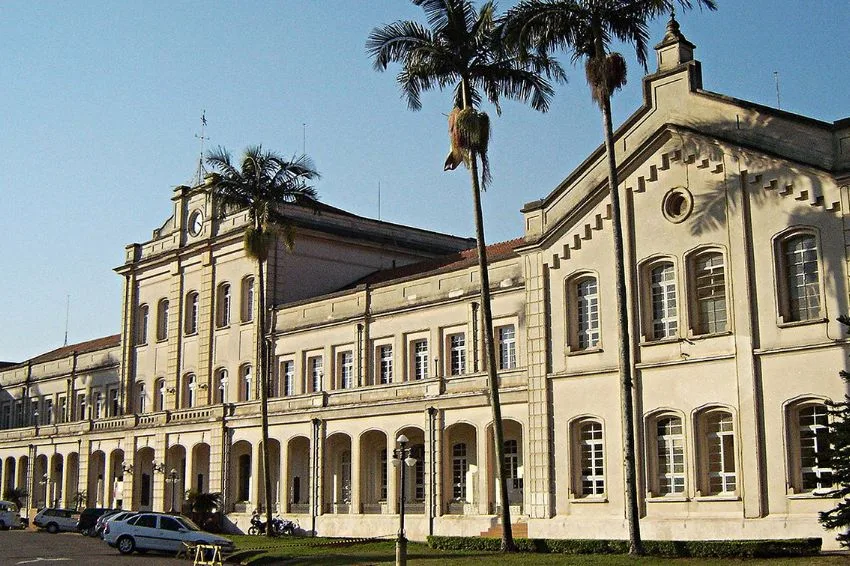A GoodWe announced that the MS G3 line inverters (7-10kW), ideal for residential installations, were certified by INMETRO ordinance (National Institute of Metrology, Quality and Technology) No. 140/2022.
Certification, which guarantees safety in photovoltaic installations, is essential for the approval of projects by electricity concessionaires. Currently, according to INMETRO ordinance no. 004/2011, tests in laboratories and certification of inverters up to 10 kW are mandatory for the sale of national and imported equipment.
In order to guarantee greater reliability to consumers, Ordinance No. 140/2022 has been in force since March 2022, which determines the certification of inverters with up to 75 kW of power, among other new rigorous technical requirements. Companies have 36 months to adapt to the changes.
“Certification is important because it is a way of filtering the equipment available on the market, considering the level of quality offered to consumers. We are very proud of this certification”, highlighted Alexandre Pereira, services manager at GoodWe.
Versatility in residential installations
Five single-phase MS G3 models, with powers of 7 kW, 8 kW, 8.5 kW and 10 kW, were certified by INMETRO. The equipment has 2 or 3 MPPTS, depending on the model chosen, and offers flexibility for installations on complex roofs, in addition to high energy efficiency.
According to the company, with a startup voltage of just 50V, the new inverters capture more energy during the period of sun exposure. Furthermore, they support input strings with a maximum direct current of 20 A and are suitable for high-power photovoltaic modules, which make the most of solar irradiation, presenting a lower LCOE (Levelized Cost of Energy).
“Security for the end customer was a key point in the development of the MS G3 line. The products have a complete range of protection devices aligned with the most current safety standards demanded by the Brazilian market”, detailed Pereira.
The optional AFCI (Arc Fault Circuit Interrupter) function identifies and extinguishes direct current electrical arcs, preventing possible electric shocks and fires. Models with 3 MPPTs have DC type II DPS (Surge Protection Device), to protect the system against atmospheric discharges.
All models are compatible with the RSD (Rapid Shutdown) system, using external third-party devices for quick shutdown of the modules in the event of a photovoltaic system failure. The inverters also feature optional PID (Potential Induced Degradation) recovery to optimize the useful life and durability of the panels.
Adherence to the Sector Quality Program
Recently, the manufacturer joined the PSQ (Sectoral Quality Program), launched by ABGD (Brazilian Distributed Energy Association) in the last edition of Intersolar South America. Initially, according to the company, the program only covers inverters, but the intention is that in the short term it will extend to cables, connectors and modules.
The certification, under the responsibility of the Totum Institute, validates the equipment through tests in laboratories at partner universities (UFSM, USP and Unicamp). The objective, by checking the information provided to consumers in technical catalogues, is to provide equality to the market.
“The tests are voluntary and companies do not need to be associated with ABGD to join the PSQ. After sending the equipment, which must be certified by INMETRO, the laboratories carry out blind tests and we provide feedback to the manufacturers, who can choose to disclose the results published or not. The PSQ brings more security to the solar energy market”, explained Guilherme Chrispim, president of ABGD.

















